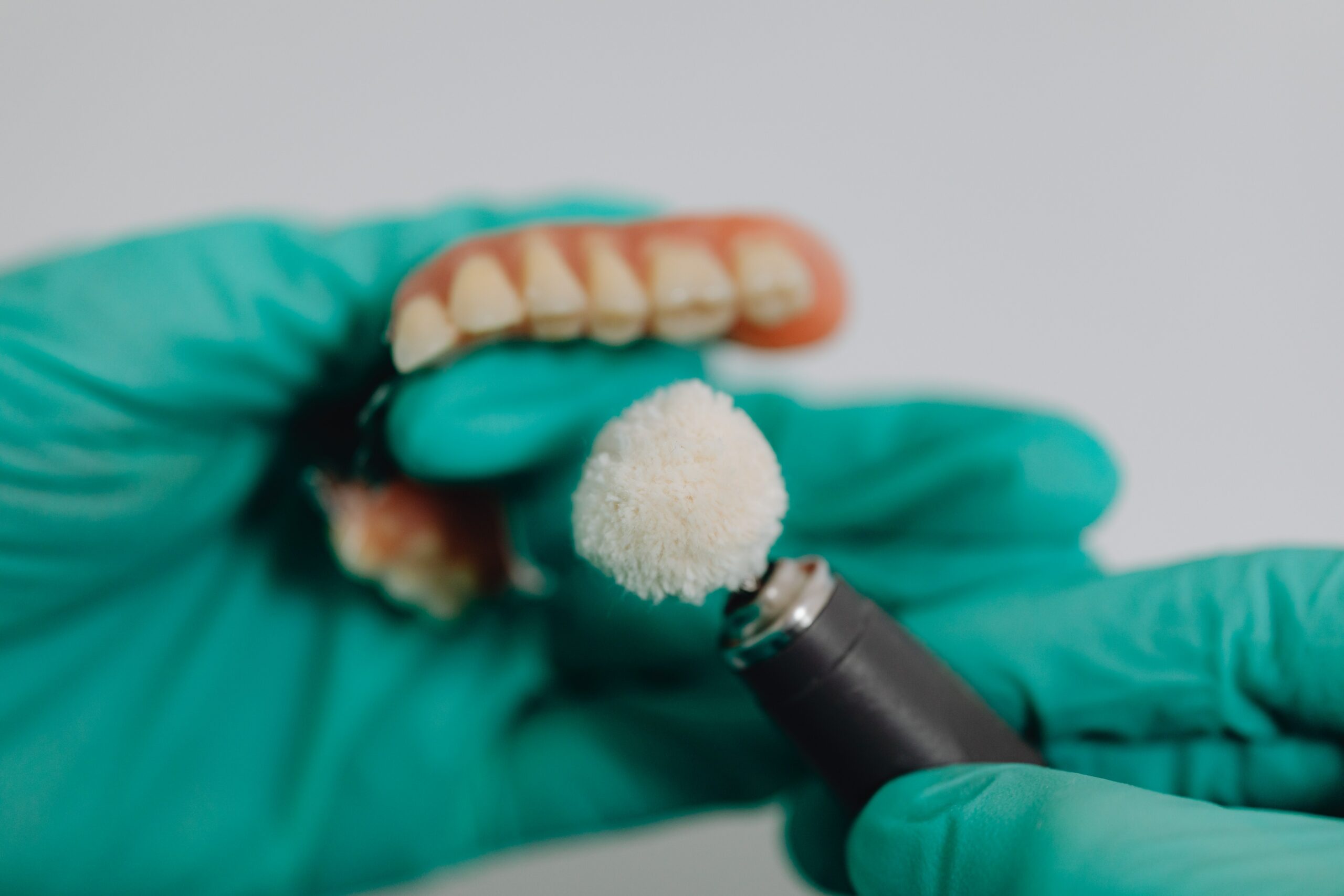Healthy gums and teeth are key to self-confidence behind effective smiles and other vital functionalities of our mouths. When looking to replace your teeth due to deterioration, age, or loss, you may be confused by the two main choices: partial dentures vs. bridges.
Both treatments are great for replacing or restoring individual or multiple missing teeth. But our reputable dentists at Smilebuilderz often evaluate your oral health to help you choose the right one. They take account of critical things like the health of your remaining teeth, extent of loss, and possible predisposing factors before offering recommendations.
What are the Differences Between Partial Dentures and Dental Bridges?
Although dental bridges or partial dentures can be used to serve similar purposes, they are significantly different depending on factors such as:
- The permanence of the treatment you want
- The stability they are likely to bring to your mouth
- Your biting functionality while chewing or eating
Partial Dentures
Partial dentures are removable tooth or teeth replacement options for missing teeth. The replacing appliances have the natural teeth look and are attached to a base that correctly resembles natural gums. Dentures are good options if you still have some teeth remaining in your teeth set. They work best if:
- You have missing teeth at various spaces within your dental arch
- The remaining teeth are not strong to support bridges
- You are concerned about the expenses associated with restorative dentistry
Your dentist may recommend teeth crowns to make the spot more secure. You may remove the replacing teeth when sleeping. The most common forms of partial dentures are:
- Acrylic partials-replacement teeth are set on an acrylic, pink base. The base is durable and has metal clasps to attach to the remaining teeth along the set firmly.
- Metal partials-replacement teeth are set in a metallic base that is more aesthetically pleasing and more natural-looking.
- The flexible partials-The base is made of a thin, plastic material that can be molded to fit over any gum tissue perfectly.
Dental Bridges
As the name goes, a dental bridge spans the tooth cap or missing teeth. They provide a natural look and functionalities of a tooth or teeth. Dentists usually take your specific measurements and mold a custom bridge that resembles the remaining set.
Unlike partials, bridges are permanently attached to your mouth. They are secured on crowns that are placed over natural teeth or dental implants customized for the ridge crowns. Bridges may be the best fit if:
- You require strong abutment teeth for a stronger bite force
- You have consecutive missing teeth within the set
- You want a long-term and secure solution
- You want your teeth to look more natural
For the front teeth, a dentist may recommend bridges made of porcelain that can be finished to resemble natural teeth. For back teeth, strong materials such as gold or metal alloy bridges are the best because they are the strongest for strong functionalities.
The most common types of bridges you can use for teeth replacements are:
- Traditional fixed bridge-Usually made of metal (gold) materials, porcelain fused to metal (PFM) or ceramic.
- Cantilever bridge-similar to traditional bridges but require at least one healthy tooth between missing teeth hole to enhance strength. They are commonly used for front teeth.
- Maryland bridge – have “wings” instead of crowns. The “wings” (metallic flaps) attach to the back of the natural teeth to keep bridges strong and in place.
Choose the Most Reputable Dentistry Near You!
When choosing the best teeth replacement or restoring options, your dentist needs to consider your lifestyle, dental needs, and preferences. At Smilebuilderz, we place the interests of our clients at par and find interests in maintaining your oral health, improving aesthetic appearances, and restoring your mouth’s function.
Our skilled and experienced professionals offer varied dental treatments to boost oral confidence and ensure you experience the power of a healthy smile. We are located in Lancaster, PA, and Ephrata, PA. Don’t suffer in silence! Contact us through (717) 482-6542 (for new patients) or (717) 481-7645 (for current patients) to help us help you.


